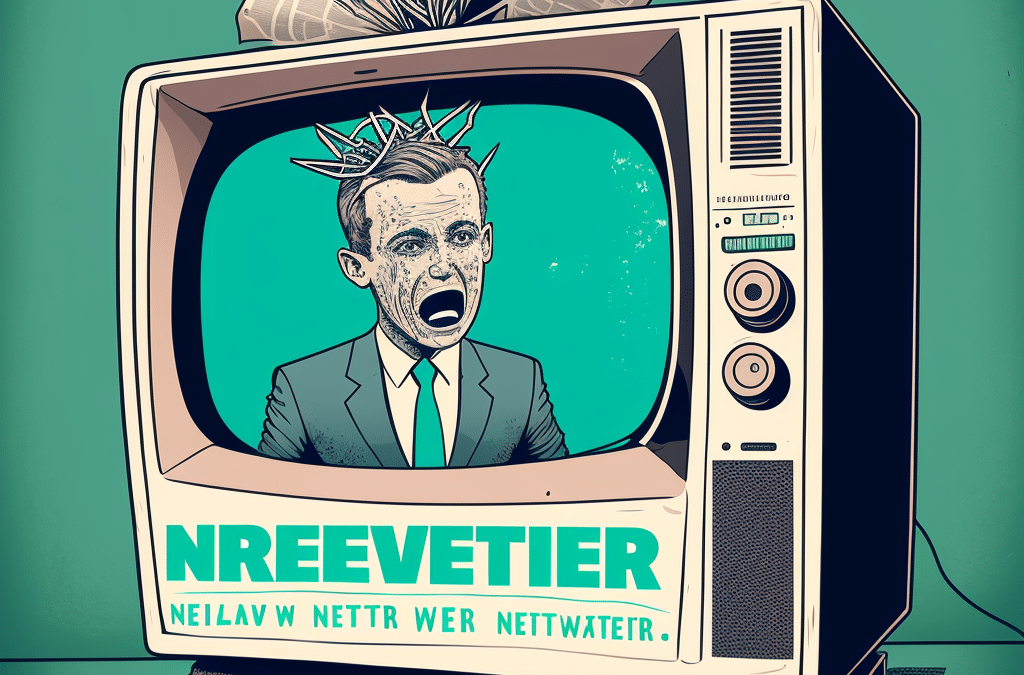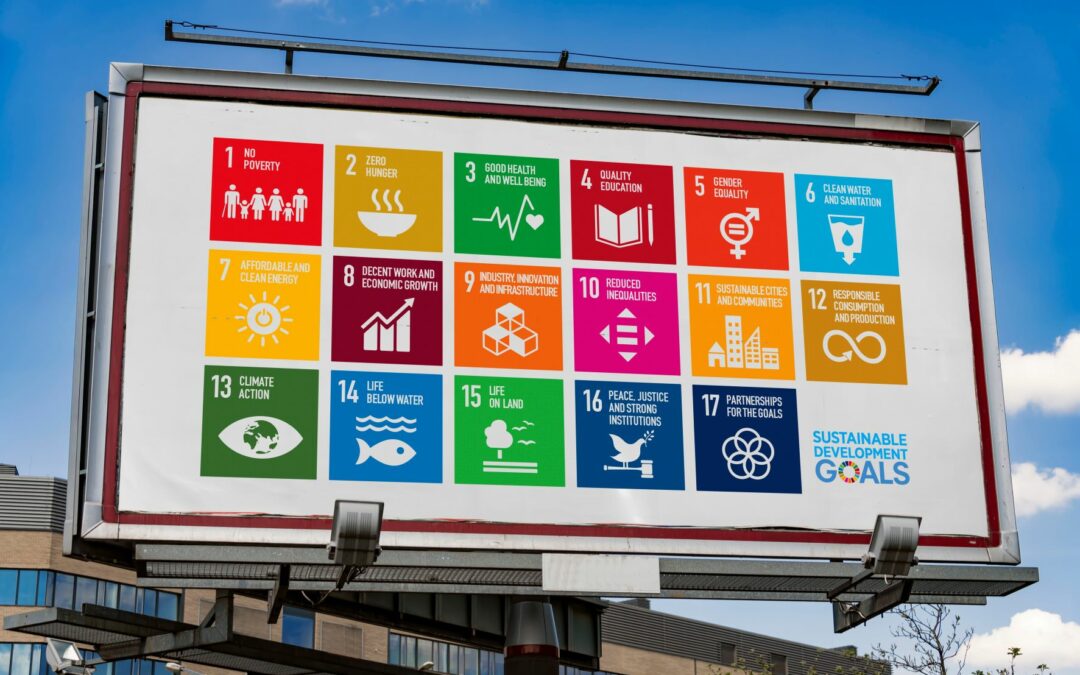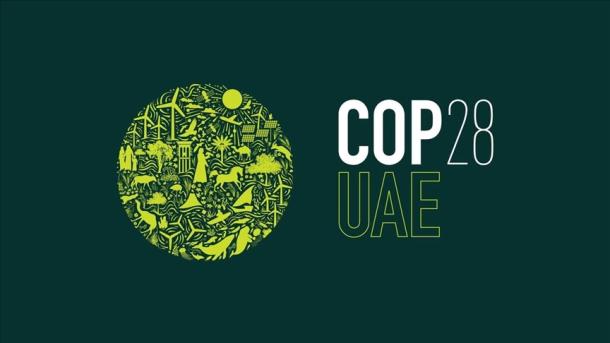First published Dec. 14th 2020.
Provocation
The global pandemic was declared by the WHO on 11 March, signalling that COVID-19 had or was about to reach all shores. Since then, the initial virus and increasing number of mutations[1] and their consequences, have all but destroyed the ‘conventional wisdom’ that leaders at all levels followed, more or less, for decades. This destruction is cause and effect of a mind-boggling variety of ever-changing responses to the pandemic. These have included frenetic efforts to contain it such as an every-changing matrix of country-wide lockdown menus, and to treat it such as the amazingly quick development and approval of vaccines now being deployed. Nevertheless, loud and influential denial of COVID-19’s existence and lethality continues to obstruct progress, even as hundreds of thousands sicken and die. Whether wisdom was norm, assumption, opinion, ideal, probability or, even, fantasy, COVID-19 has laid waste to almost all of them in a perfect storm of rising uncertainty, unpreparedness and inequality during “accelerating history” that too few leaders are handling effectively.
By way of introduction, five of the 32 assumptions identified to date[2] as ‘assassinated’ are presented below. The selection remains governed by my impression of the scope and duration of their impact.
Five Assassinated Assumptions
- Assumption: We humans learn lessons from past crises and, as a result, are thoughtful enough to prepare to be prepared for the next. The now thoroughly exposed start-state for PPE on 11 March proves that most governments had long-forgotten what was learned from recent past pandemics.
- Assumption: Our aged, disabled, and chronically ill are respected and acceptably well-cared for, in both the public and private domains. The continuing tragedy, especially disgusting in rich, developed countries everywhere, of tens of thousands of horrific, lonely deaths is an indelible stain on humanity.
- Assumption: Globalization had matured to the point there were too few points of potential failure to be of concern. COVID-19 freed powerful, inconvenient, long-ignored geopolitical realities to disrupt economics into chaotic, angry disarray. Buy, Be and Work Local is now the new ‘smart’.
- Assumption: ‘Education’ was in good shape with its needs, in good times and not, reasonably well and widely understood. COVID-19 has proved that teachers, students, parents, siblings, junior administrators, friends, janitors, cleaners, security staff, city and school bus drivers, school nurses, special and physical education teachers, child care operators and staff, maintenance workers, air quality support staff, contact tracers, and testing centre staff were not included in the assessment.
- Assumption: Essential workers are those who are the most educated, accomplished and influential. Those lucky individuals could have starved to death, or died if sickened, were it not for transport truck drivers, cashiers, shelf-stockers, delivery-drivers, personal care workers and trainee nurses. Unlike the NON-essential workers, the latter had no choice but to work as before because ‘working from home’ was neither a professional nor a financial option for them.
So What for Leaders?
The 21st Century is already demanding ‘leaders’ deploy unprecedented, extraordinary and sustained honesty, intelligence, courage, and foresight. If they fail to rise to the ‘occasion’ there is less than a 50/50 chance that much of humanity, whether as stakeholder or shareholder will enjoy, let alone contribute to levels of human security that underpin and sustain fear-free, safe and dignified living, moving and working.
All leaders, today’s and their successors, have to acknowledge two facts. One: Wilful blindness to inconvenient truths will no longer be acceptable. Two: The ‘conventional wisdom’ that underpins how they lead needs an almost total re-construction. This project must result in the establishment of broadly accepted policies, ways and means that recognize 1) crises are happening more and more frequently in concurrent multiples, and 2) focussing all time and effort and resources on only one of two or more concurrent crises is at least unwise. The current global, if uneven, full-court press on COVID-19, which sooner or later will be down-sized from pandemic to emergency to problem as advances in health sciences, vaccine technology and and medical logistics gain traction, continues to provide the global warming crisis a holiday from the intensity and types of attention it urgently needs. Climate change consequences are already embedded as a decades-long wicked problem, as a force multiplier of all other wicked problems (including COVID-19, and, arguably, is already expected to be part and parcel of the cause and severity of the next health crisis.
Specific tasks for leaders include:
- Improving the messaging. Words matter. Abandon calls for going ‘back’ to normal. Encourage going ‘forward’ to progress by appropriately shaping and managing threats and opportunities the future may hold.
- Re-build trust. Establish new ‘conventional wisdom’ in ways and with means that can be understood[3] by all whom are led to be for a greater good.
- Prepare appropriately. Learn to prepare for what will characterize much of the 21st century; the unavoidable arrival of two or more different, and differently demanding, concurrent or immediately consecutive crises. With COVID-19 and global warming combining forces, it is to be hoped that the 2020/2021 global flu season and winter in the northern hemisphere continue to be mild. Impacts of severe geopolitical churn or natural events such as volcanoes and earthquakes are always threats with too few opportunities.
- Introduce and implement policies and programs that appear more likely to foster human security than obstruct it. Interoperability and Leadingship are two such concepts. The former acknowledges the diversity of the planet and humanity’s desire for self-determination. The latter, increasingly deployed in the private sector, offers everyone with a contribution to make the trust-building confidence they need to know are eligible to present it, and, at least, to be listened to.
- Engage on level terms with successors. Formally engage with and resource the young in time and in ways that ensure both, they have been helped to think deeply about not only what they may face as leaders and what might be done do, and welcome and encouraged them to inform existing leadership cadres what and how to do better.
Concluding thought, for all
Humanity at large needs to engage on human security. This mission unfortunately begins on a weak foundation, one that can be strengthened only if a number of things happen. Three are key.
One: After the pandemic calms to being only a problem, a significant proportion of the population of a majority of nations is willing (trust) and able (health and wealth) to experience a semblance of predictable normality in their lives. Two: The ‘story’ of the pandemic is so recorded, accessible, and acknowledged that humanity is much less likely to be so unprepared, uncollaborative and disputatious when the next pandemic threatens. Three: Existing international organizations have to greatly improve their performance, before gaps and weaknesses in every human security sector provide openings for the next pandemic, or widen and deepen in ways that foster a free-form, self-organizing geopolitical storm that might be managed by a new ‘leader’, China being the first to come to mind[4].
David Harries
Kingston, Ontario, Canada. 27 December 2020
[1] 27 December. The pandemic is, in effect, re-arming.
[2] The Essay, on 27 December, continues a work in progress with a first full document available on 20 January 2020.
[3] Understanding is a foundation on which to build trust.
[4] The latest news states China will overtake the US in 2028 as global economic leader.




0 Comments